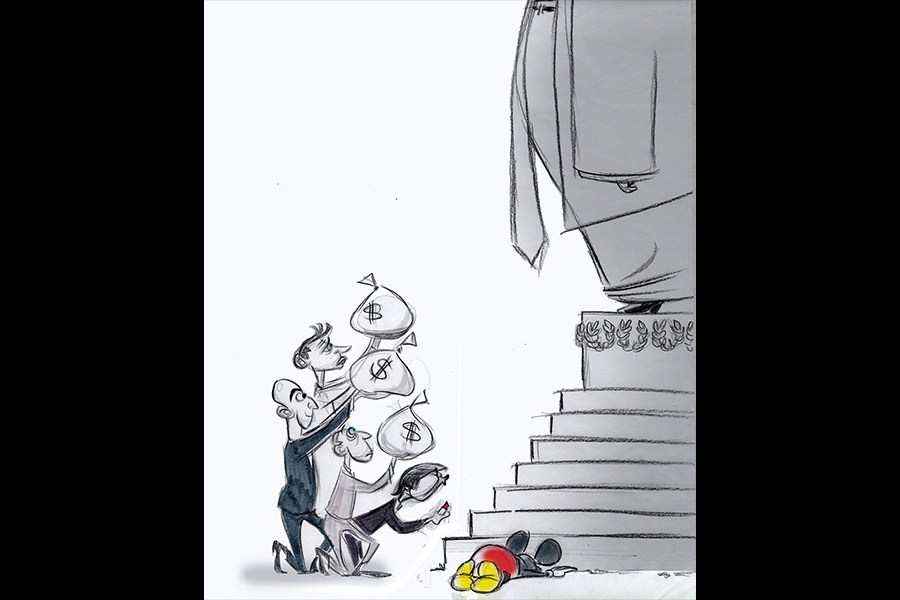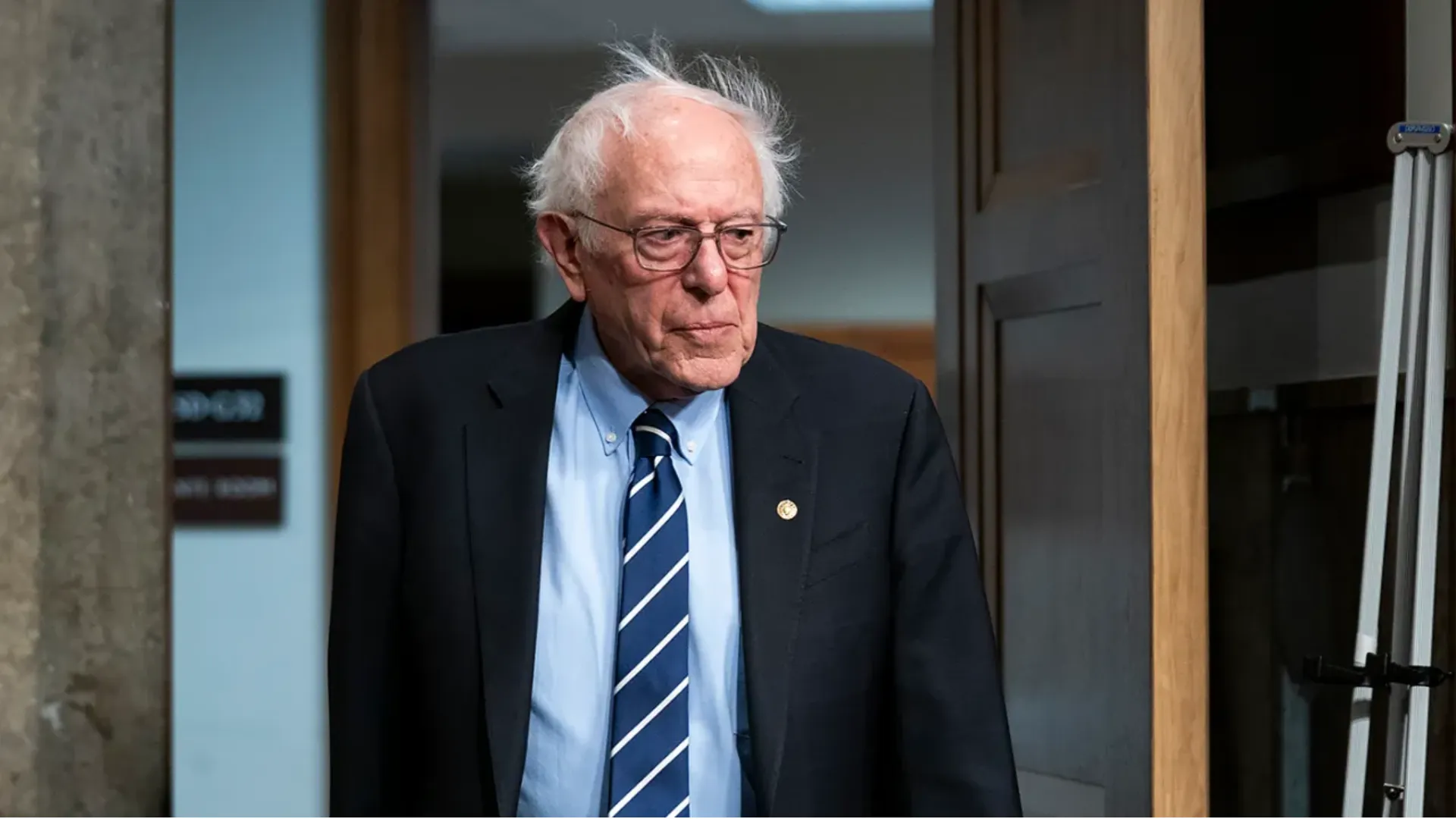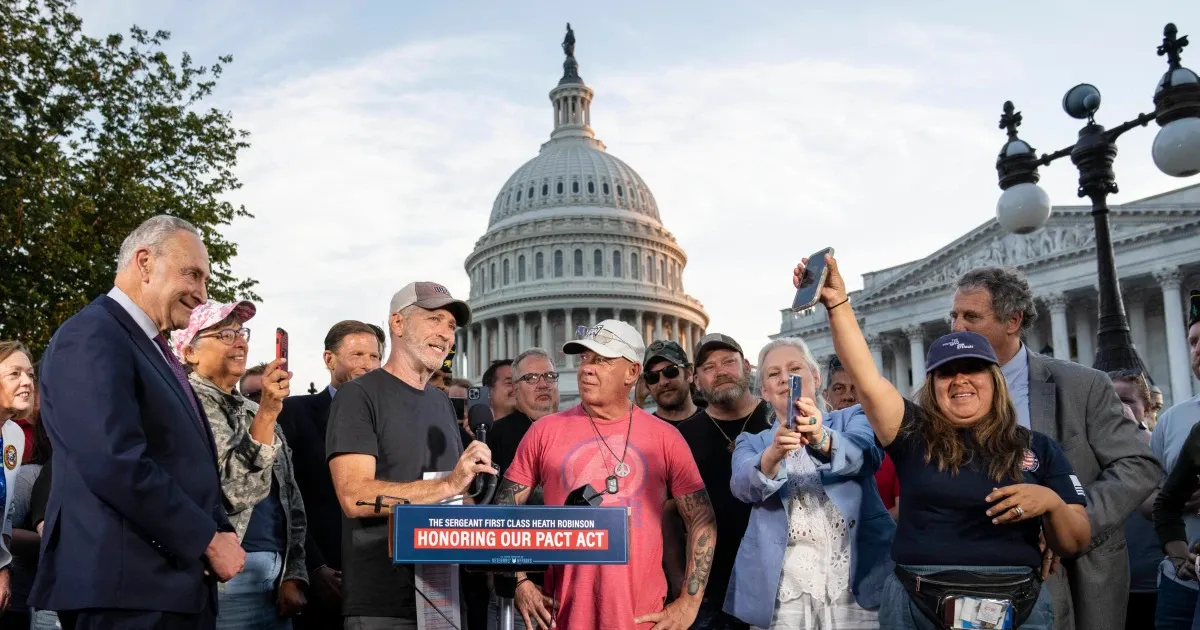
Pulitzer Prize-winning cartoonist Ann Telnaes announced her resignation from The Washington Post on Friday, citing the newspaper’s refusal to publish her satirical cartoon targeting billionaire Post owner Jeff Bezos and President-elect Donald Trump. Telnaes, who joined the publication in 2008, described the decision as unprecedented in her career.
In a Substack post, Telnaes explained, “I have had editorial feedback and productive conversations—and some differences—about cartoons I have submitted for publication, but in all that time I’ve never had a cartoon killed because of who or what I chose to aim my pen at. Until now.”
The cartoon in question depicted Bezos, along with Meta founder Mark Zuckerberg and OpenAI chief Sam Altman, kneeling and handing bags of cash to a statue of Trump.

The illustration also included Los Angeles Times owner Patrick Soon-Shiong holding lipstick and a bowing Mickey Mouse, symbolizing Disney. Telnaes noted that her work criticized “billionaire tech and media executives doing their best to curry favor with incoming President-elect Trump,” highlighting their government contracts and deregulatory ambitions.
The refusal to publish the cartoon, according to Telnaes, represented a significant shift in editorial freedom and posed a threat to the principles of a free press. “This was a game changer…and dangerous for a free press,” she wrote, expressing deep concerns about the implications of such censorship.
David Shipley, The Post’s opinions editor, responded to the criticism, asserting that the decision was not motivated by bias. “Not every editorial judgment is a reflection of a malign force,” Shipley said in a statement.

He explained that the decision was based on editorial redundancy. “We had just published a column on the same topic as the cartoon and had already scheduled another column—this one a satire—for publication. The only bias was against repetition.”
Telnaes’ resignation marks another high-profile departure from The Post amid growing tensions over its editorial decisions. The newspaper has seen several staff members and prominent reporters leave in recent months, particularly after Bezos personally intervened to block an endorsement of Vice President Kamala Harris just weeks before the November election. That decision triggered a wave of reader cancellations, with The Post reporting over 250,000 subscriptions lost since the incident.
The controversy deepened as Bezos was reported to have dined with Trump at Mar-a-Lago, Trump’s Florida estate, last month. Shortly after, Amazon announced a $1 million donation to Trump’s inauguration.

Similar actions by other major companies added fuel to the fire. Disney, the parent company of ABC, reached a $15 million settlement in a defamation lawsuit brought by Trump, a move that sparked widespread scrutiny. Meanwhile, Meta, the parent company of Facebook and Instagram, revealed its own $1 million donation to Trump’s inaugural fund following a private meeting between Zuckerberg and Trump.
The Los Angeles Times, owned by biotech billionaire Soon-Shiong, also found itself embroiled in controversy. In October, the publication announced it would not endorse Harris for vice president, leading to a backlash from its readership.
The decision prompted the resignation of all but one member of the newspaper’s seven-member editorial board and triggered a subscriber revolt.
Telnaes’ resignation underscores broader concerns about the influence of powerful media owners and their willingness to suppress dissenting voices. For Telnaes, the refusal to publish her work signals a troubling shift in how editorial decisions are made, particularly in institutions long regarded as champions of free expression.




